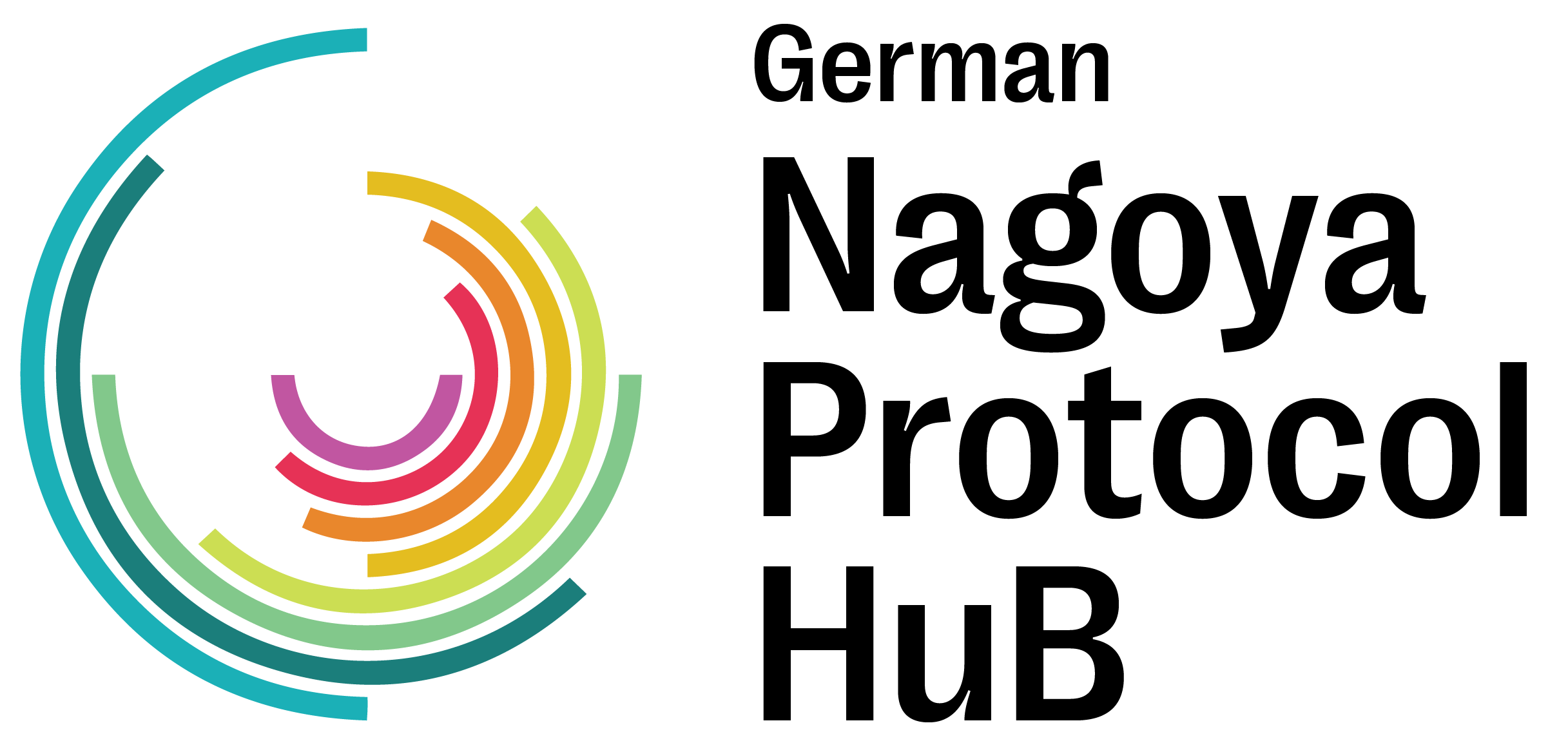ABS stories
Learning from experience: Panama
Institution: A research institute in Germany focusing on ocean research
Biological material: Fish, part of a specimen
Research field: Evolution, Genetics, Omics
Research: Basic, non-commercial
Focus: Whole-genome assembly and re-sequencing were used to study speciation in the sea. This was a long-term research project conducted over a period of 10 years
Collaboration partner: Three other research institutions in Germany
Collection: Someone from one research institute in Germany travelled to Panama and collected the fish specimens in the field. The material was only used by the working group at that research institution
Funding: Individual grant by the Deutsche Forschungsgemeinschaft (DFG),
Funding period: 2015-2020

Photo by Kevin Bryant on Flickr

Photo by Pierre Leverrier on Unsplash
ABS Process
Time needed for first response from the National Focal Point: Less than 1 week
Amount of time invested full time in the process: Less than 1 day
Time needed until all ABS documents were obtained: Less than 1 month
ABS documents obtained: ABS permit
Other documents obtained: Research permit, collection permit
Before starting the ABS process, the scientist at the German research institution sought advice from the institution’s Nagoya Protocol Compliance Officer as well as other acquaintances.
As a first step, the national focal point of Panama was contacted. All of the exchanges between the focal point and the researcher in Germany took place by way of email and in Spanish.
The ABS permit, which was provided by the National Environment Ministry, was issued quickly and an internationally recognized certificate of compliance was published in the ABS Clearing House.
Information about ABS in Panama can be found in the ABS Clearing House. The current ABS regulations were adopted in 2019 and stipulate a processing time for ABS applications of 45 working days. Actual processing times depend on each application, which is assessed on a case-by-case basis. Permits can potentially be issued more quickly, e.g. in one or two weeks.

Photo by Kevin Bryant on Flickr

Photo by Pierre Leverrier on Unsplash
Benefit-sharing
What were the agreed benefits?
- Sharing data
- Sharing results
Advice for other researchers obtaining biological material from Panama
The researcher at the German research institute had a very positive experience with ABS in Panama. The national focal point responded quickly and the entire process went smoothly.
What suggestions can be made?

According to the national laws in Panama, all official procedures must be carried out in the Spanish language. Know how you are going to deal with language barriers and take into account local cultural differences. Invest time and energy in communicating in the local language if possible. If necessary, ask someone at your institution or in your network to help you with the language.

Be transparent with the authorities in the country providing the material about your work. When first contacting national focal point, provide detailed information about what you are planning to do, the history of any research already conducted in the country, and the permits that you have already been obtained (research, collecting, export permits etc.). It might also be helpful to highlight that you are doing basic research without any commercial applications.

You should not collect, export or use samples from Panama for research without having the ABS permit in advance.
![]()
As part of ABS, Panama requires scientific collaboration with local researchers. This requirement is mentioned in both the ABS application forms and the permit issued.




